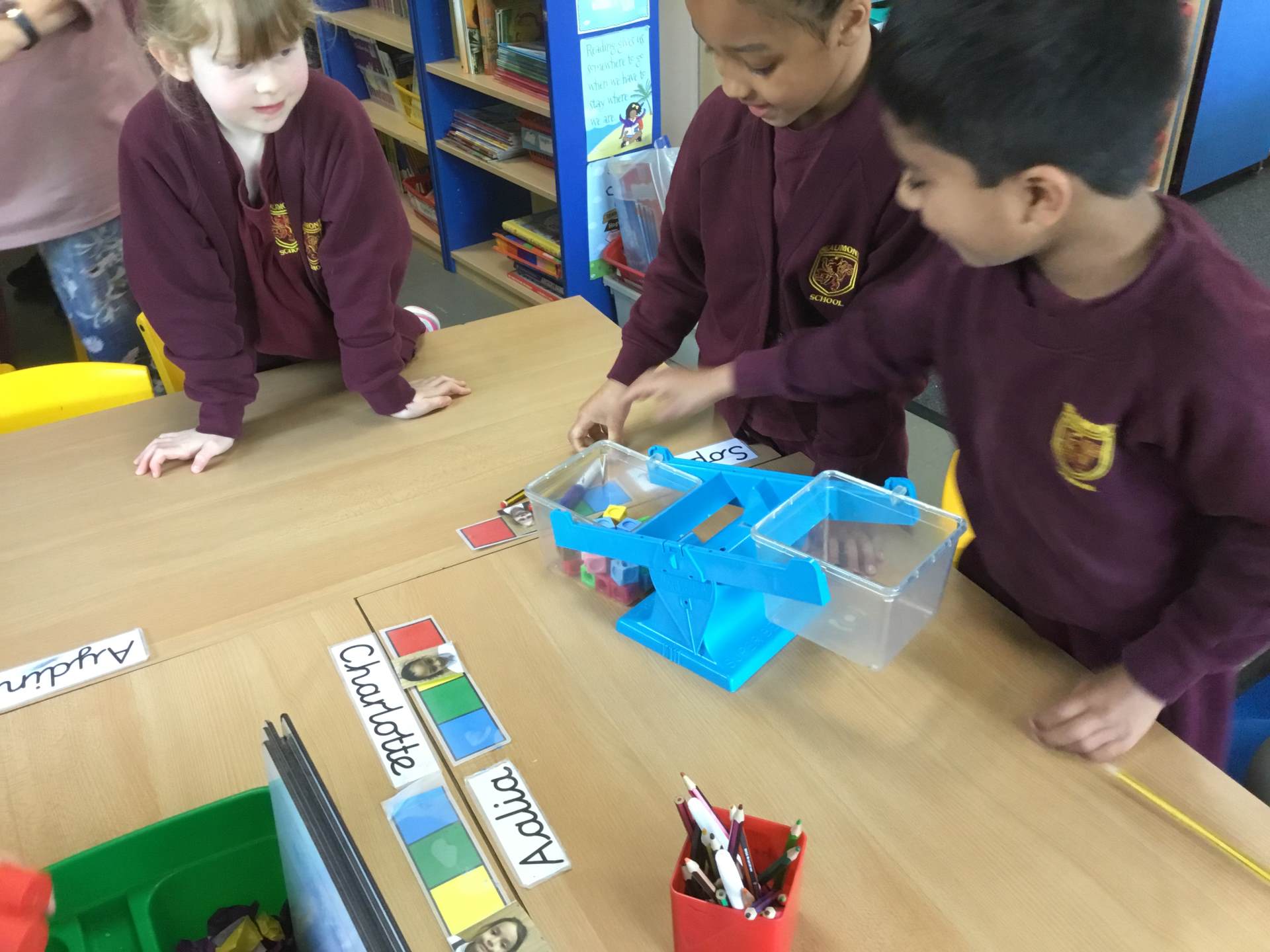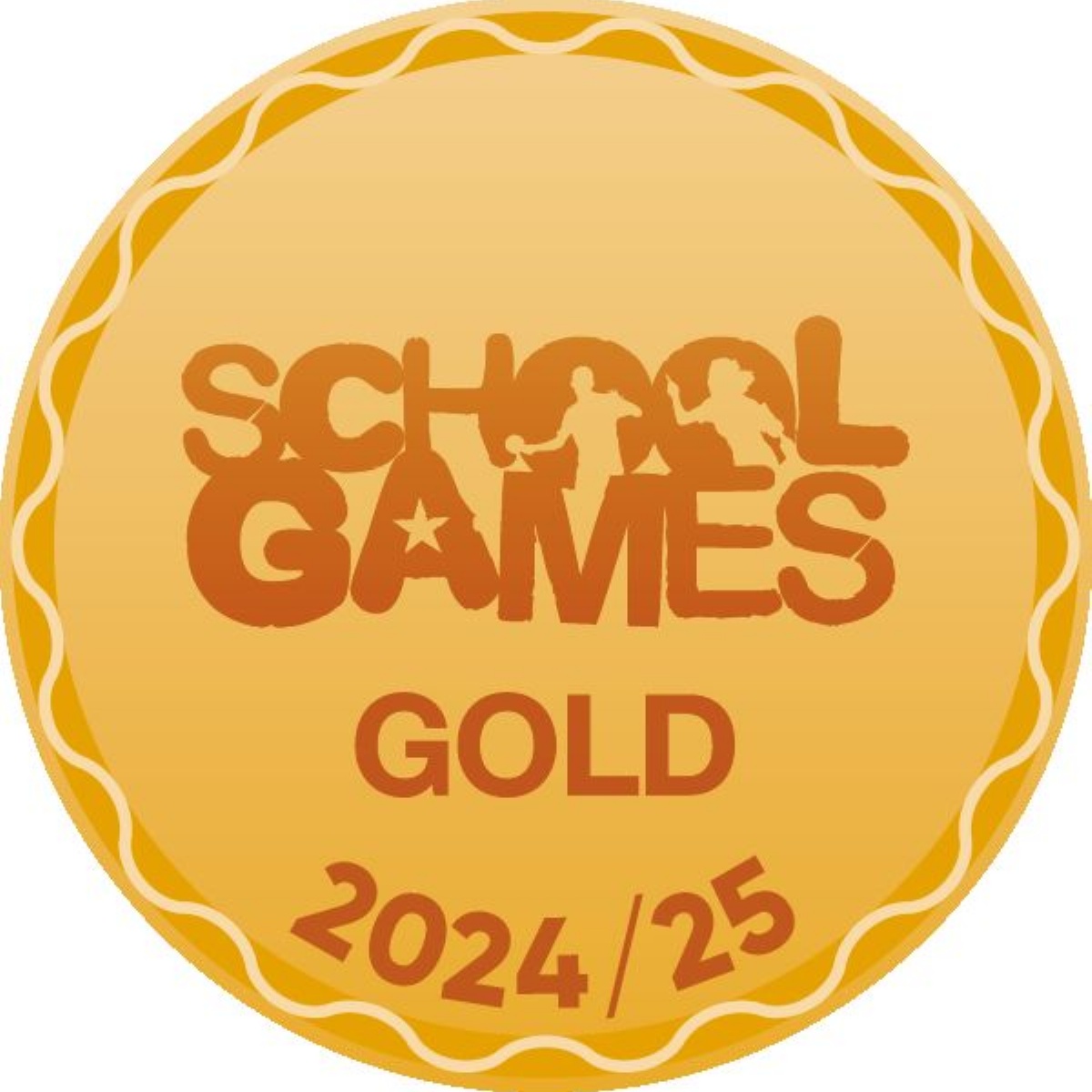Mathematics
Intent - The basic skills of mathematics are vital for the life opportunities of our pupils. Our aim is for all of our pupils to think mathematically, enabling them to reason, solve problems and assess risk in a range of contexts. At Beaumont Primary School, our Mathematics Mastery curriculum has been developed to ensure every child can achieve excellence in mathematics. Children can experience a sense of awe and wonder as they solve a problem for the first time, discover different solutions and make links between different areas of mathematics. It provides pupils with a deep understanding of the subject through a concrete, pictorial and abstract approach. This ensures that all of our pupils can fully access and understand what they are learning.


Implementation:
At Beaumont Primary, our mathematics teaching places emphasis upon a mastery approach, building flexible learners with a true depth of understanding of each mathematical strand and concept.
Teaching and Learning:
- The National Curriculum is used as the basis for our mathematics programme of study alongside with the White Rose scheme, NCETM, and NRich resources to develop a deeper understanding of the concepts taught
- Mathematics is taught daily in EYFS, KS1 and KS2, through whole class teachings, group and individual work, and investigative approaches.
- Application of skills are linked across the curriculum where appropriate
- Mathematics lessons are designed with a concrete, pictorial and abstract (CPA) approach, providing pupils with the scaffolding required to access the learning at all levels
- Teachers implement the school’s agreed Calculation policy for progression in written and mental calculations.
- Mastery and deeper understanding is interwoven throughout each lesson using a variety of question types, developing fluency, reasoning and problem solving.
- We identify those children who flourish in maths and offer additional challenges and opportunities to deepen their understanding of the subject.
- Use of a range of resources, outdoor learning spaces, information technology and cross - curricular links are used to stimulate and support maths learning across all Key Stages.
Inclusion and Wider Engagement
- All learning and activities are planned to be accessible to all learners, including children with SEND, and other varying abilities. This is achieved through Quality First teaching, Early Identification and intervention for pupils who require additional support to succeed.
- Additional enrichment is provided through: theme days/weeks within school, cross - curricular activities, access to regional or national competitions and outside providers delivering workshops/ assemblies (including STEM providers). These are made accessible to all ages and abilities.
- Protected characteristics are to be considered at all times during the planning of the Maths curriculum.
- Pupils who are not making adequate progress are given extra support and interventions in order to assist them in meeting their full potential.
Impact:
At Beaumont, it is imperative that all children have a secure understanding of each mathematical concept before moving on. We ensure that the children have mastered the maths in every lesson by using assessment for learning, identifying and addressing any misconceptions as and when they arise.
Where possible teachers and teaching assistants deliver targeted focus groups, based on the assessment of the work produced to ensure children are ready to move on. The expectation is that the majority of children will move through the programmes of study at broadly the same pace. However, decisions about when to progress should always be based on the security of pupils’ understanding and their readiness to progress to the next stage. Pupils who grasp concepts rapidly are challenged through rich and sophisticated problems before any acceleration to new content. We all these Digging Deeper questions.
They become true masters of content, applying and being creative with new knowledge in multiple ways. Children who are not sufficiently fluent will consolidate their understanding through additional support. Each year group have defined endpoints that all children are expected to achieve which is in line with the National Curriculum and results in increasing proportions of pupils attaining the age – related – expectations or better whilst making good progress. As well as assessment for learning during the lessons, regular and ongoing assessments of the pupils’ outcomes, informs teaching, as well as intervention, to support and enable the success of each child.
Mathematics Subject Area and School Development Plan
Subject leaders measure impact of the implementation through monitoring activities, including: learning walks, questionnaires to staff and pupils, lesson visits , pupil voice, looking at evidence of pupils’ work, teachers’ planning, analysis of teacher’s assessments and any other relevant evidence.
The Subject leader evaluates the impact and plans for future development of the subject for pupils and staff. An action plan is created, looking to develop new opportunities, refine current practice, plan CPD for staff and feed into the School Development Plan (where appropriate).
Overall Intended Impact
Maths is engaging and enjoyable for all pupils; they develop a positive can do attitude towards Mathematics. Children experience the beauty, power and fun of mathematics developing a sense of curiosity about the subject and recognising it as a key life skill. Teachers have the confidence and knowledge to deliver a well - planned and interesting curriculum to pupils using a range of resources and approaches. Pupils make good progress in their acquisition of skills, knowledge and understanding. Children feel empowered to pursue Mathematics and STEM subjects as a potential career path, regardless of gender, ethnicity, socio-economic backgrounds etc. Children access a range of different learning opportunities, both in and out of the classroom. Staff evaluate the impact of their teaching and learning and develop their practice to suit the learners in their classroom. The Subject leader can identify strengths and areas for development of the subject and act upon it in the interest of the school.
Maths policies
Progression map of maths vocabulary










